This video playlist guide features some of the food and sustainability leaders who are contemplating the defining challenges facing society in the 21st century.
Whether it’s relating to global food and energy production, climate change, water scarcity, the ability of nations to produce their own food, ending poverty, and defining the proper role of government in our lives—these are the kinds of big-picture sustainability issues that are represented in the talks and interviews below. These videos remain as relevant, perhaps even more prescient today with the passage of time than when they were first published in 2009 and 2010.
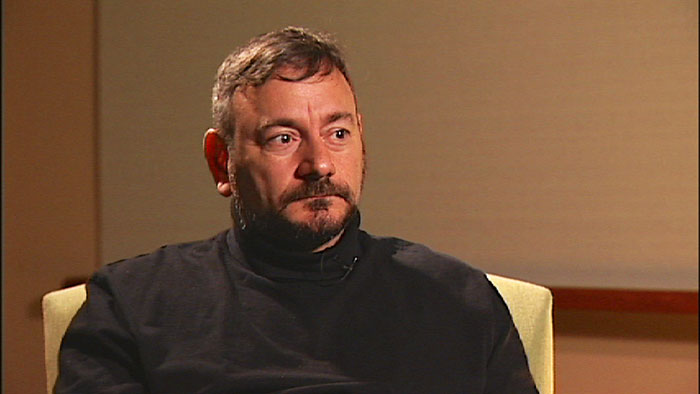
JOEL BERG
Joel Berg, executive director of the New York City Coalition Against Hunger (NYCCAH), and author of the book All You Can Eat: How Hungry Is America, is a fierce food advocate for the poor in America. Perhaps, as a society we should pay more attention to people like Berg whose organizations are on the frontline dealing with people in economic distress, everyday.
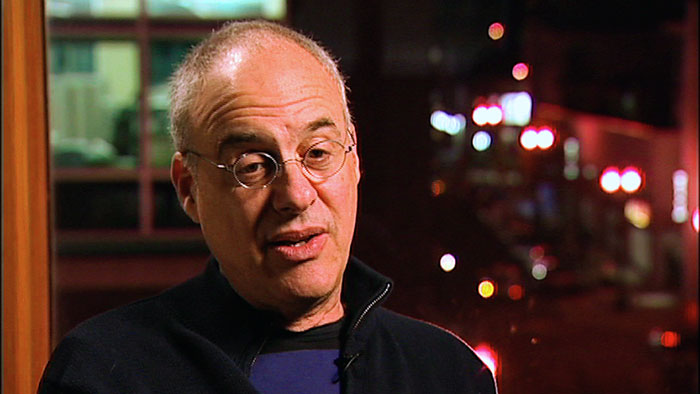
MARK BITTMAN
New York Times Columnist, author of How To Cook Everything, discusses his book Food Matters: A Guide to Conscious Eating.
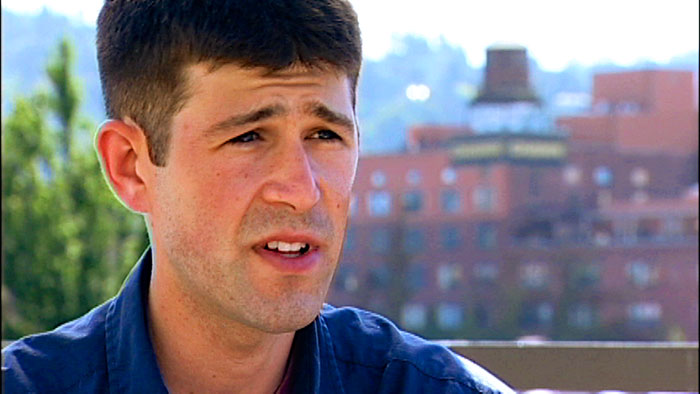
JONATHAN BLOOM
40% of the food we produce gets thrown out! Jonathan Bloom, Journalist, food waste crusader, and author of author of American Wasteland: How America Throws Away Nearly Half of Its Food, shares what he has uncovered.
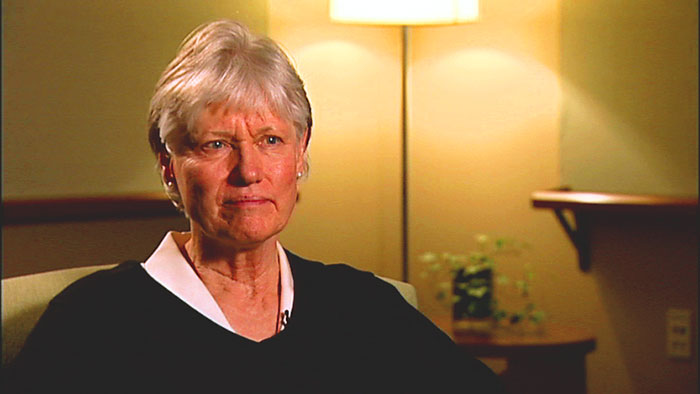
CLAIRE HOPE CUMMINGS
In this 4-part series, journalist, environmentalist, and author of Uncertain Peril: Genetic Engineering and the Future of Seeds, Claire Hope Cummings speaks out on behalf of the natural world, and for a new approach to solving the environmental, social, and philosophical problems inherent in our present food system.
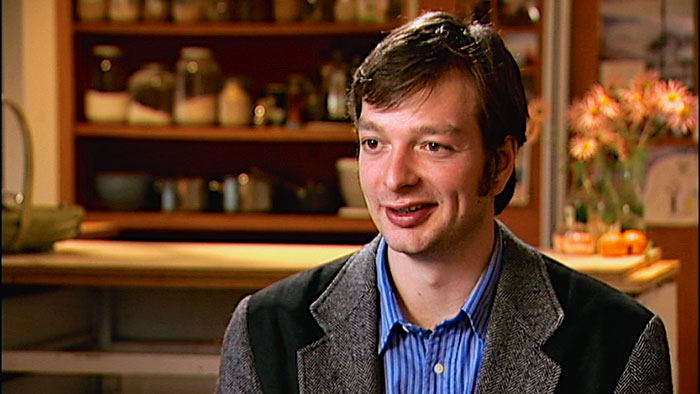
CURT ELLIS
Curt Ellis talks about his documentary King Corn in this 3-part series.
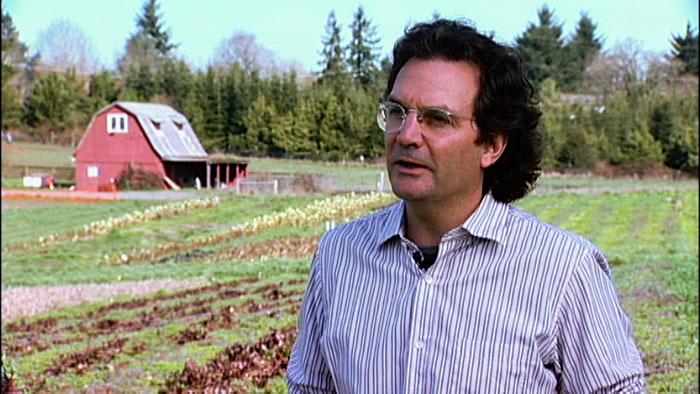
DANIEL IMHOFF
Food activist and author Daniel Imhoff provides historical information about the federal Food and Farm Bill, the single largest program effecting farmers and those who are poor. Imhoff also talks about some of the important issues that define the then upcoming 2008 Farm Bill Legislation (6-parts). In addition, a talk that Dan Imhoff gave to the Friends of Family Farmers, an Oregon advocacy organization that supports local family farmers, about his latest book CAFO: The Tragedy of Industrial Animal Factories.
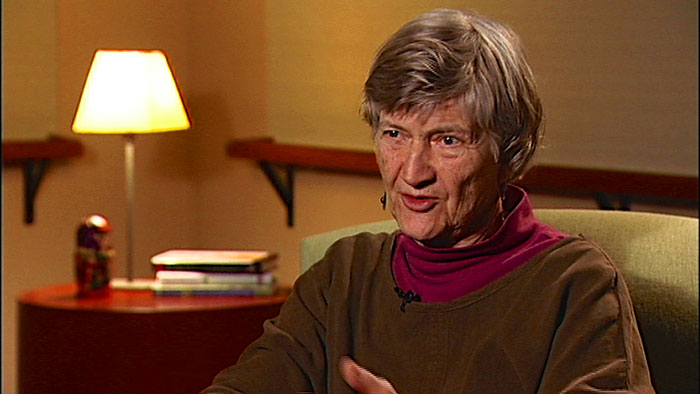
JOAN DYE GUSSOW
Joan Dye Gussow talks about her life, and her book This Organic Life that tells the story of how she began her first garden and her long quest to change the food system.
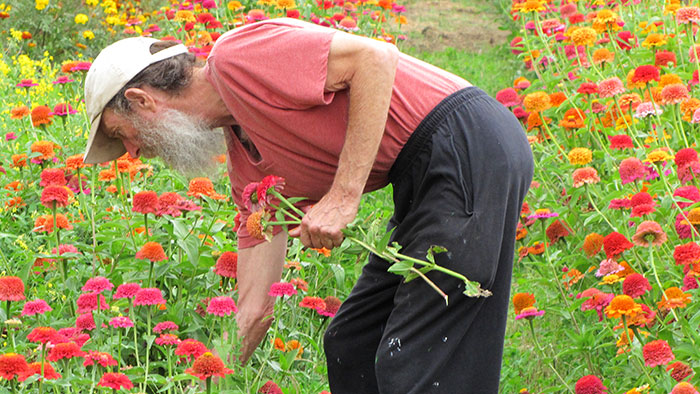
ALAN KAPULER
Alan Kapuler is a public domain organic seed breeder, and is often regarded as the founding father of the organic seed movement. This 5-part series explores the depth and passion of this scientist whose important work continues in the field developing open pollinated public domain plants that produce seeds that can be reused and shared freely for the public good.
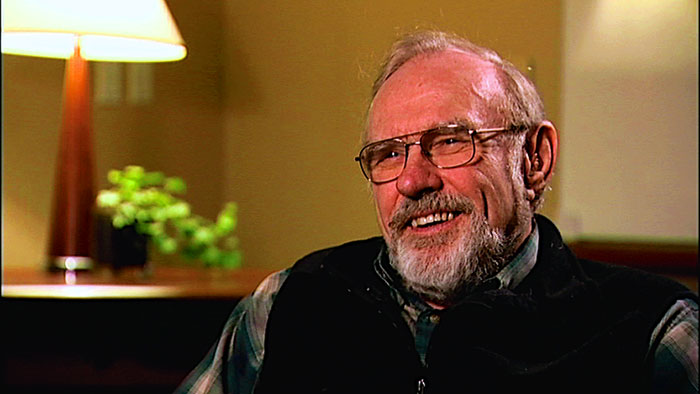
FRED KIRSCHENMANN
A long-time leader in the sustainable agriculture movement, a Distinguished Fellow at the Leopold Center for Sustainable Agriculture, and a third-generation farmer, Kirschenmann offers some thoughtful reflections upon the future of agriculture.
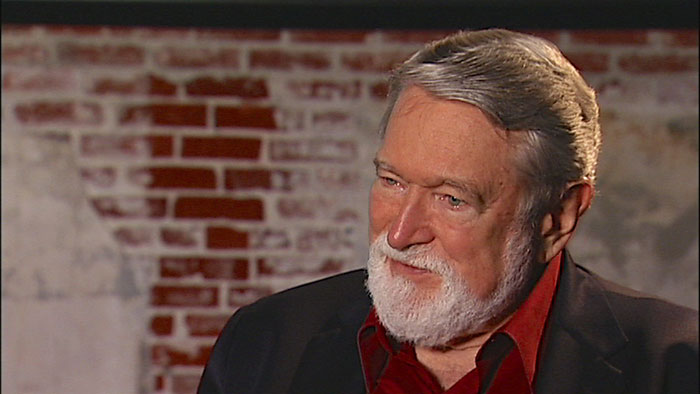
DAVID KORTEN
David Korten, author of When Corporations Rule The World, minces no words about the dangers our capitalist system poses to democracy in his interview with us. Korten also gives a talk about his newer book, Agenda For a New Economy where he describes the current state of our economy and society—he claims is largely shaped by the most effective (and cynical) educational tool ever devised: mass media advertising.
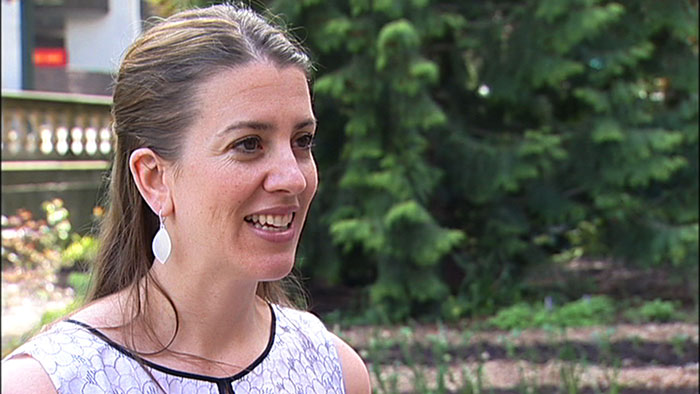
ANNA LAPPÉ
While carefully connecting the dots between industrial agriculture, and climate change, food activist and author Anne Lappé underlines the inherent weaknesses of conventional agriculture, and the terrible costs to the planet if we do not reform our food system.
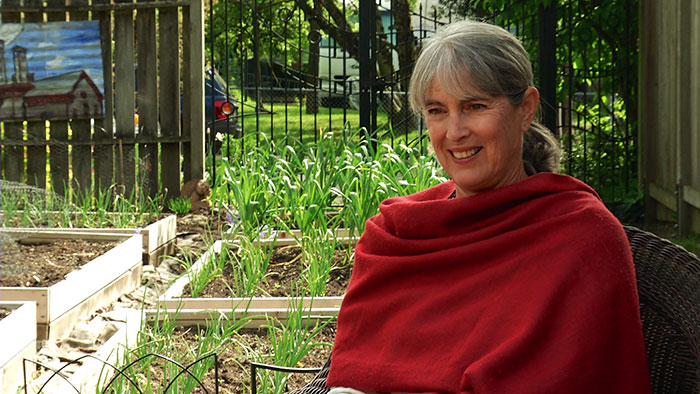
DEBORAH MADISON
Deborah Madison’s new cookbook “Vegetable Literacy” draws inspiration for its recipes directly from the garden. In this 2-part series, Madison talks about her latest book, and how her own garden has helped her expand upon what she prepares in the kitchen.
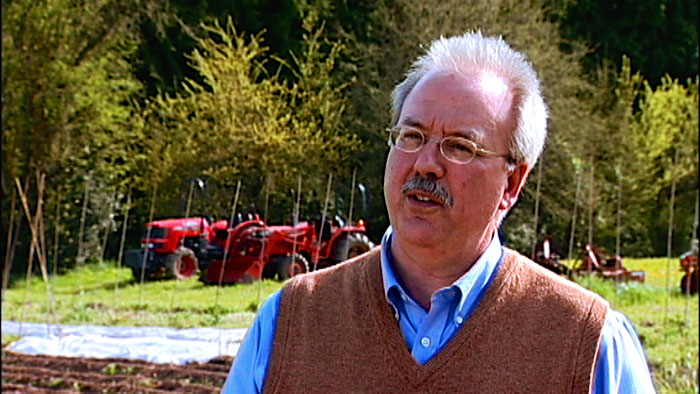
KEN METER
In this 3-part series, expert food system analyst Ken Meter, defines what constitutes a strong local food system, and why it’s so important to the health and well-being of a region.
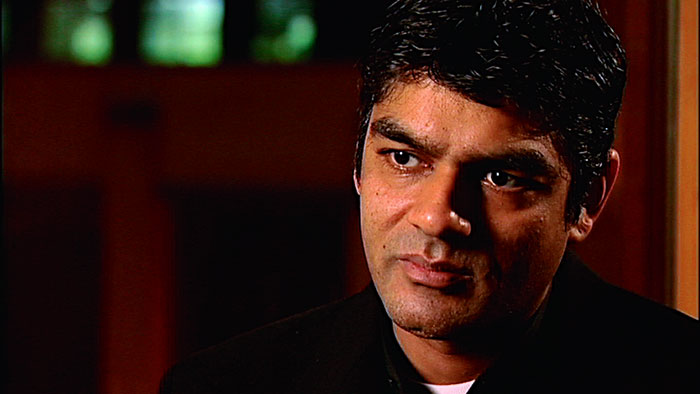
RAJ PATEL
Raj Patel, author of The Value of Nothing, explains what food sovereignty means, and why people around the world are fighting to have a say in their own food system.
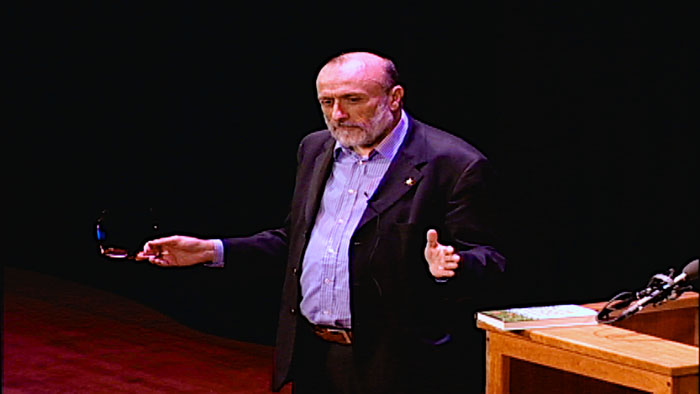
CARLO PETRINI
Carlo Petrini, founder of Slow Food International shares his views about food, politics, and American culture on the road to a sustainable food nation. Alternating between light-hearted humor and searing political insight, Petrini delivers an explosive commentary on American society, and what it means to have a good, clean, and fair food system.
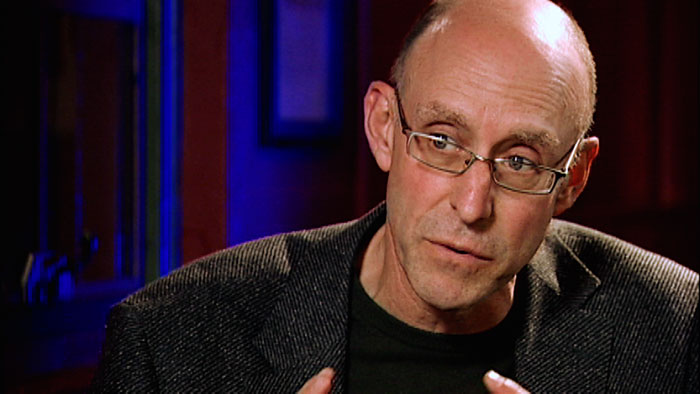
MICHAEL POLLAN
In this 4-part series, Deborah Kane from the Portland-based environmental organization Ecotrust talks with Michael Pollan about his book In Defense of Food. Introducing terms like “nutritionism” and describing much of our modern food diet as being comprised of highly processed “food-like substances”, Pollan cautions against fully embracing the science behind nutrition because it has not served us well in the 20th century. For those attracted to the wealth of products on the market tauting the latest beneficial nutrients (Omega-3 fatty acids, antioxidants, vitamin C, etc.), Pollan offers a more traditional approach: eat more whole foods (less highly processed foods), eat less meat, and more plant-based foods.
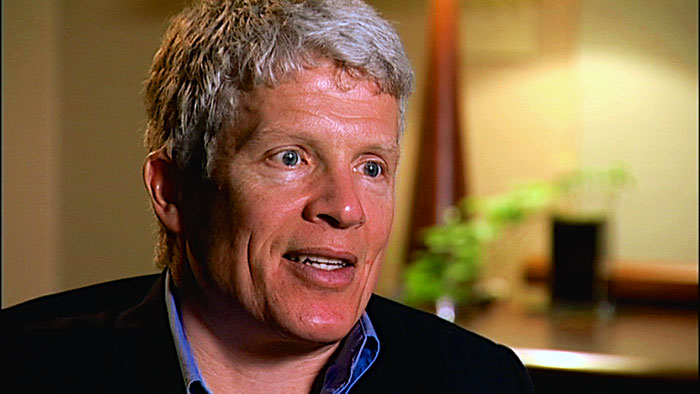
PAUL ROBERTS
Paul Roberts, veteran journalist, and author of The End of Food, talks about the consequences of our industrial agricultural system. Though he points out, there have been successes, they have come at a steep cost to the environment, and many of them are proving not to be of lasting value.
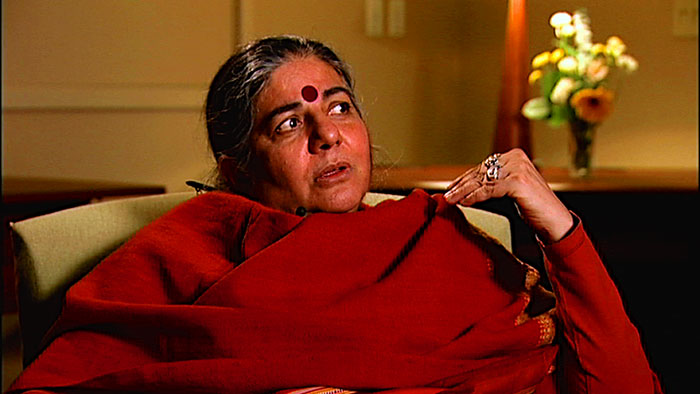
VANDANA SHIVA
This 3-part series of interviews with Dr. Vandana Shiva about the future of food is one of the most contentious, revolutionary, profound, and important discussions of any we have had to date on Food News. This is more than about the safety of biotechnology; it’s about the ability to have a choice in the foods that we eat, and for our farmers to be able to freely re-use their own seeds, to grow food in the manner that they choose. In developing countries, the ability to avoid falling into a hopeless cycle of debt brought upon them from the high risk proposition that the biotechnology regime imposes upon first-world farmers.
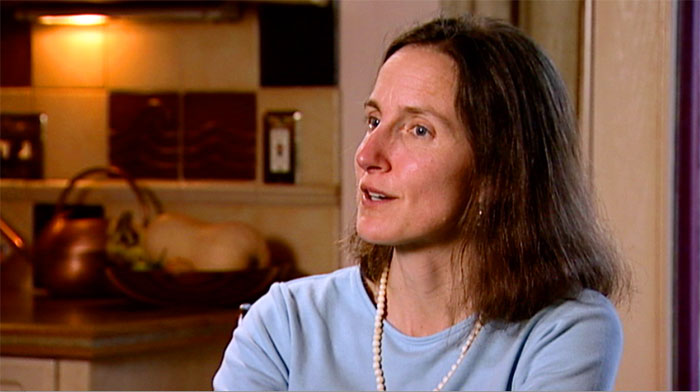
ANN VILEISIS
Ann Vileisis, author of Kitchen Literacy, explores the fundamental question, what do we know about our food, and how did we come to acquiring this knowledge. By examining our more recent history, Vilesis sheds light on the profound role mass advertising has played in shaping public opinion in developing our modern food culture.
Most of the videos featured on Cooking Up a Story were produced, filmed, and edited by Rebecca Gerendasy. Fred Gerendasy contributed as a writer to many of the posts and occasionally as the interviewer. Visit Rebecca Gerendasy Clay – Art and Fred Gerendasy Photography to see their current work.
